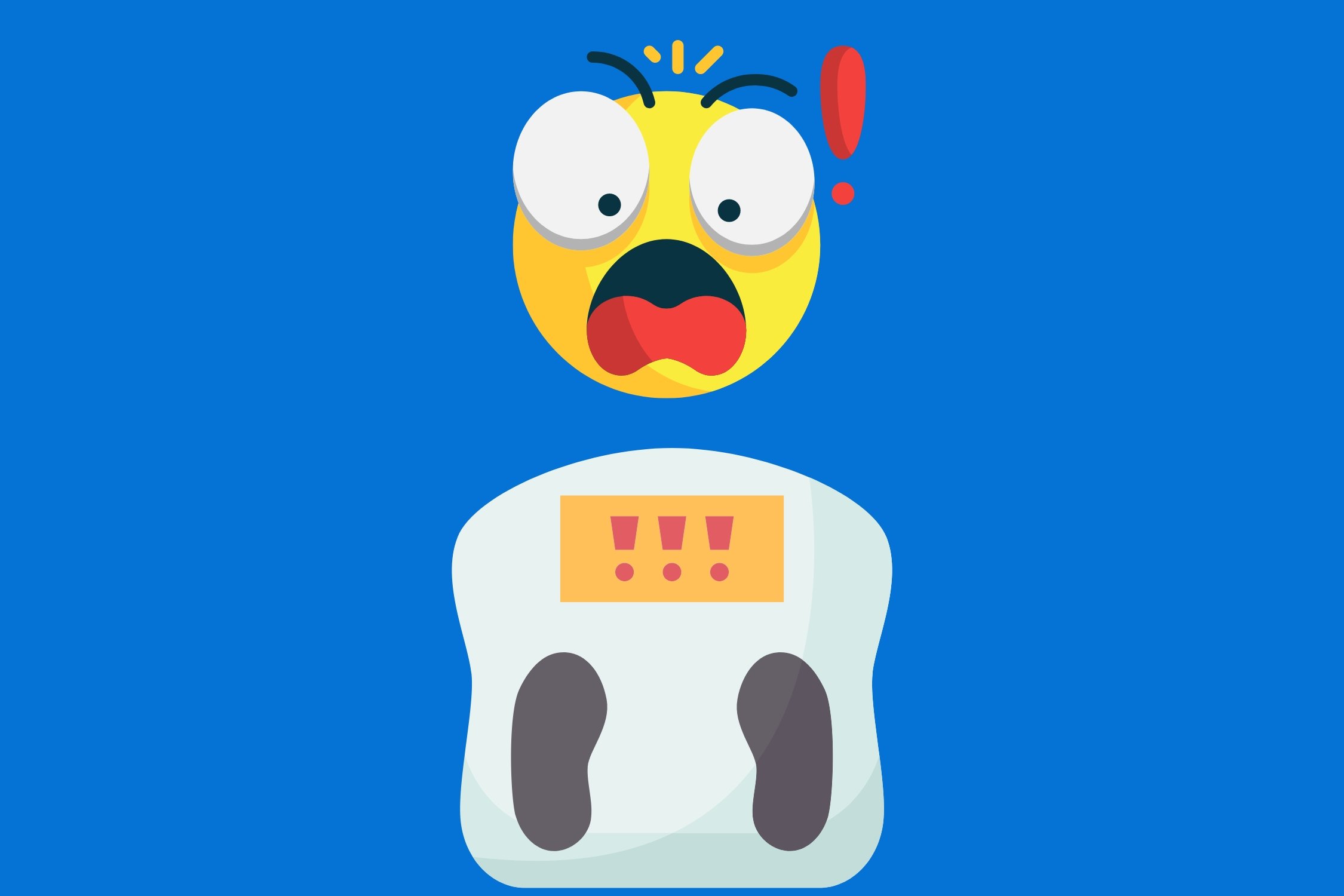Scale Fluctuations Explained
Scale fluctuations suck, but they are normal.
Losing a kg of body fat requires hard work, but how easy is it to see a 1kg increase on the scales? Too easy!
Prefer to watch than read? Then please check out the video below:
Why do the scales increase after just one meal out?
You can spend a week in a deficit, lose a kg and then easily regain that weight with just one meal out, and if you don’t know where the majority of that weight gain is coming from, this can be very demotivating.
Rest assured that the weight gain is not from you undoing a week’s hard work. Yes, if that meal out puts you in a surplus for that day, then a tiny amount of that weight will be from body fat regain, but the rest will be from everything else that impacts the scales. To gain 1 kg of body fat, you would need to consume in excess of approximately 7,700 calories. This is because 1 kg of body fat contains roughly 7,700 calories. Did you consume an extra 7,700 calories? No? Then you’re okay – it’s not body fat. Instead, it’s all this other stuff that impacts the scales. Such as glycogen, food weight and water weight.
Glycogen storage
Glycogen is the storage form of carbs in the muscles and liver. The liver contains 80-100 grams of glycogen, and the muscles contain 400-800 grams of glycogen, depending on how jacked you are. And every gram of that glycogen holds onto 3-4 grams of water. If you combine the weight of the muscle and liver glycogen, then add the 3-4 grams of water each gram of glycogen is holding onto, you end up at 2-4.5 kg. Let’s simplify the maths and say each gram of glycogen holds onto just three grams of water – when we add this to the middle ranges of liver and muscle glycogen storage, we end up at around 2.7kg. If someone has been in a deficit, and they’ve been breaking into this glycogen storage, particularly if they’ve been low carb, they can see some pretty substantial scale increases from just one carb heavy refeed: 2.7kg to be precise.
Food weight
You’ve also got the weight of the food. I’ve used this example in a previous article, but let’s go for an 8 oz stake, as everyone knows how much that weighs. 8 oz is around 0.2kg, and the weight of that food will still be passing through the digestive system when you weigh in the next day. Obviously, you wouldn’t have just eaten the stake; you would have had chips, which would have added to the glycogen storage. They will have been salty, which can increase water retention, and naturally, when we eat more salt, we tend to take on more fluids, and this fluid also weighs something. For example, a litre of water is around 1kg. You’re not gaining a kg of body fat when you drink a litre of water, but it does impact the scales.
Summary
All this stuff combined can add up to a ridiculous amount, and none of this is body fat. Yes, if you’ve eaten in a surplus, you’ll have regained some body fat, but most of the weight gain will be all this other stuff. At times like this, it’s important to think critically. If you’re trying to lose weight, ask yourself if you were in an overall deficit that week. If the answer is yes, then you will have broken into energy reserves (body fat), and it’s only a matter of time before that fat loss shows on the scales.


